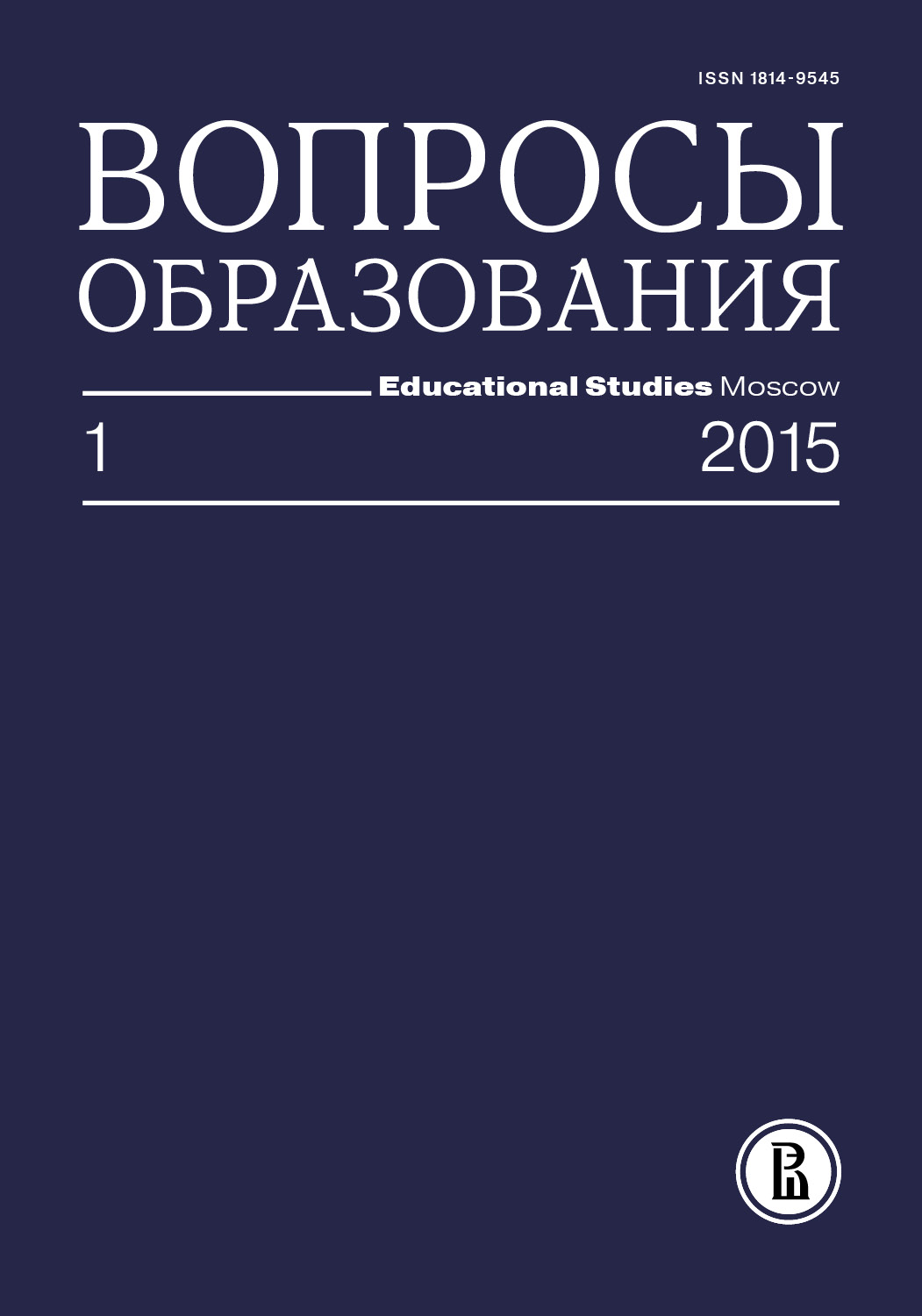Измеряют ли стартовые заработные платы выпускников качество образования? Обзор российских и зарубежных исследований
Аннотация
Представлен обзор исследований факторов, определяющих стартовую заработную плату выпускников вузов. Преимущественное внимание уделяется работам, в которых затрагивается вопрос, насколько заработная плата выпускников может являться измерителем качества полученного образования. Обсуждаются теоретические концепции, объясняющие причины различий в уровне заработной платы выпускников: теория человеческого капитала, теория образовательных сигналов, теория компенсационных различий, а также эмпирические исследования, ставившие целью количественно оценить вклад различных факторов в формирование заработной платы выпускников. Анализ литературы показал, что, несмотря на значительный вклад качества образования, существует множество других факторов, способных оказывать влияние на уровень заработной платы. Среди них разнородность выпускников, разнородность рабочих мест, несовершенства рынка, индивидуальные предпочтения выпускников и их стратегии выхода на рынок труда. Представленный обзор и критический анализ зарубежного опыта в исследовании взаимосвязи качества высшего образования и уровня заработной платы выпускников позволяет сформулировать общие требования к качеству данных в рамках возможного внедрения в России системы мониторинга выпускников вузов.








